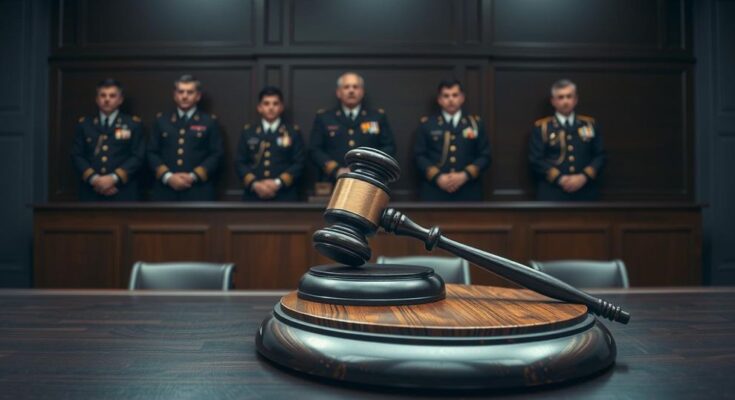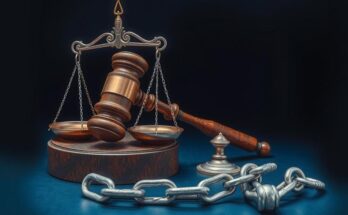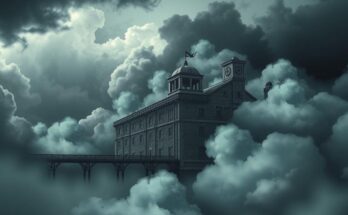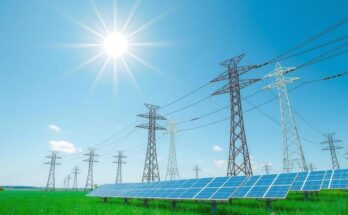Former President Joseph Kabila’s allies have been summoned by a military prosecutor amidst rising political tensions related to the M23 rebels in eastern Congo. President Tshisekedi accused Kabila of supporting the rebels, which has led to Kabila reaching out to opposition politicians for discussion on Congo’s future. Despite invitations extended to Kabila’s party members, only a few are expected to appear, maintaining their stance of non-association with the rebels.
The Democratic Republic of Congo’s former President Joseph Kabila’s political allies have been summoned to appear before a military prosecutor, highlighting rising political tensions linked to the actions of Rwanda-backed rebels advancing in eastern Congo. Jean Mbuyu, a lawyer representing these officials, mentioned that the purpose of the summons remains unclear, though suspicions loom regarding Kabila’s alleged support for the M23 rebels who captured the two largest cities in the east since January.
President Felix Tshisekedi, who previously entered a contentious power-sharing arrangement with Kabila, has recently accused him of being involved with these rebels. Amid this turmoil, Kabila has reached out to various opposition politicians and members of civil society to engage in discussions about the nation’s future amidst growing criticism of Tshisekedi’s handling of the M23 military campaign.
The military prosecutor’s office has dispatched approximately ten invitation letters to members of Kabila’s People’s Party for Reconstruction and Democracy; however, only three individuals are anticipated to attend the questioning in Kinshasa. The individuals expected include Aubin Minaku, the party vice president and former National Assembly president, and Emmanuel Ramazani Shadary, a former interior minister and presidential candidate. Mbuyu expressed that they will comply with the invitations, even in the absence of clearly stated reasons.
Minaku confirmed their intent to respond to the military’s invitations to mitigate any suspicions while asserting that they maintain no connections with M23 or other militant groups. He articulated their stance as a commitment to legality, asserting, “We are taking a purely Republican approach, not one of rebellion” and emphasized their disapproval of any forbidden foreign military influences in the country.
The recent escalation of the M23’s military incursions marks a significant intensification in a protracted conflict that traces its origins back to the fallout from Rwanda’s 1994 genocide and the ongoing contest over Congo’s extensive mineral wealth. Rwanda, on its part, denies allegations of supplying arms and troops to M23, declaring that its military actions are purely defensive against threats posed by the Congolese army and opposing militias.
In summary, the situation in the Democratic Republic of Congo is becoming increasingly complex, with former President Joseph Kabila’s allies facing questions from military authorities amid accusations of supporting rebels. The political climate reflects significant tension as Kabila communicates with various parties to secure a stable future for the country. The unfolding dynamics underscore the persistent challenges rooted in historical conflicts and the struggle for control over resources in the region.
Original Source: www.usnews.com




